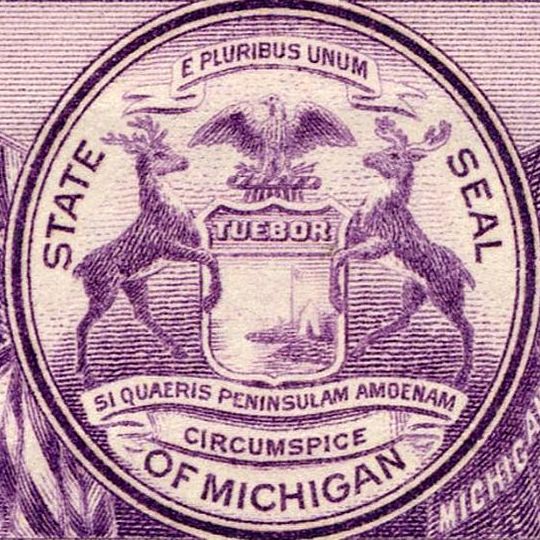Decades of pollution and rapid urbanization created ecological problems so severe that the lake was designated a “Great Lakes Area of Concern” by the U.S. and Canada in 1987.
Through expansive cleaning efforts, Muskegon Lake has gone through every step required to remove that designation. The Muskegon Lake Watershed Partnership is waiting for the EPA to officially delist the site, meaning it will no longer be a designated Area of Concern.
A recent study in the Journal of Great Lakes Research found that residents of lower socioeconomic communities in Muskegon feared the cleaned-up shoreline would be taken over by private interests.
The study found that many Muskegon residents were excited about the revitalized lakes, but others were concerned that the restored areas would attract high-end development and raise nearby housing prices. They feared that would lead to gentrification and less public access.
[Amanda Buday, rural sociology researcher from Grand Valley State University who worked on the study] said that as new businesses come to Muskegon, there needs to be a plan in place to prevent gentrification. […] “If there’s not some conscientious development occurring, if it’s all just high-end condominiums, then the price and the value of those houses can put a pinch on lower-income residents.”



That’s how all of up north is. My partner and I moved to Lansing because we couldn’t afford to live where we grew up anymore. Fortunately, we didn’t want to stay there anyway, but it’s messed up. Everything is a vacation rental, so, unless you already own a home, it can be impossible to find somewhere to live